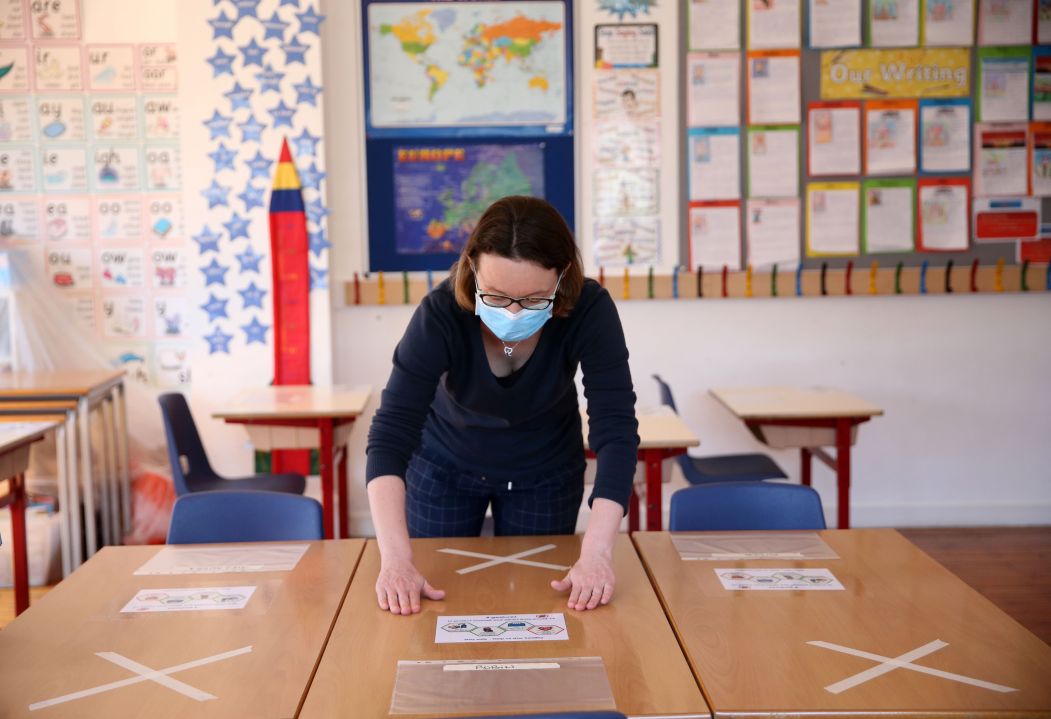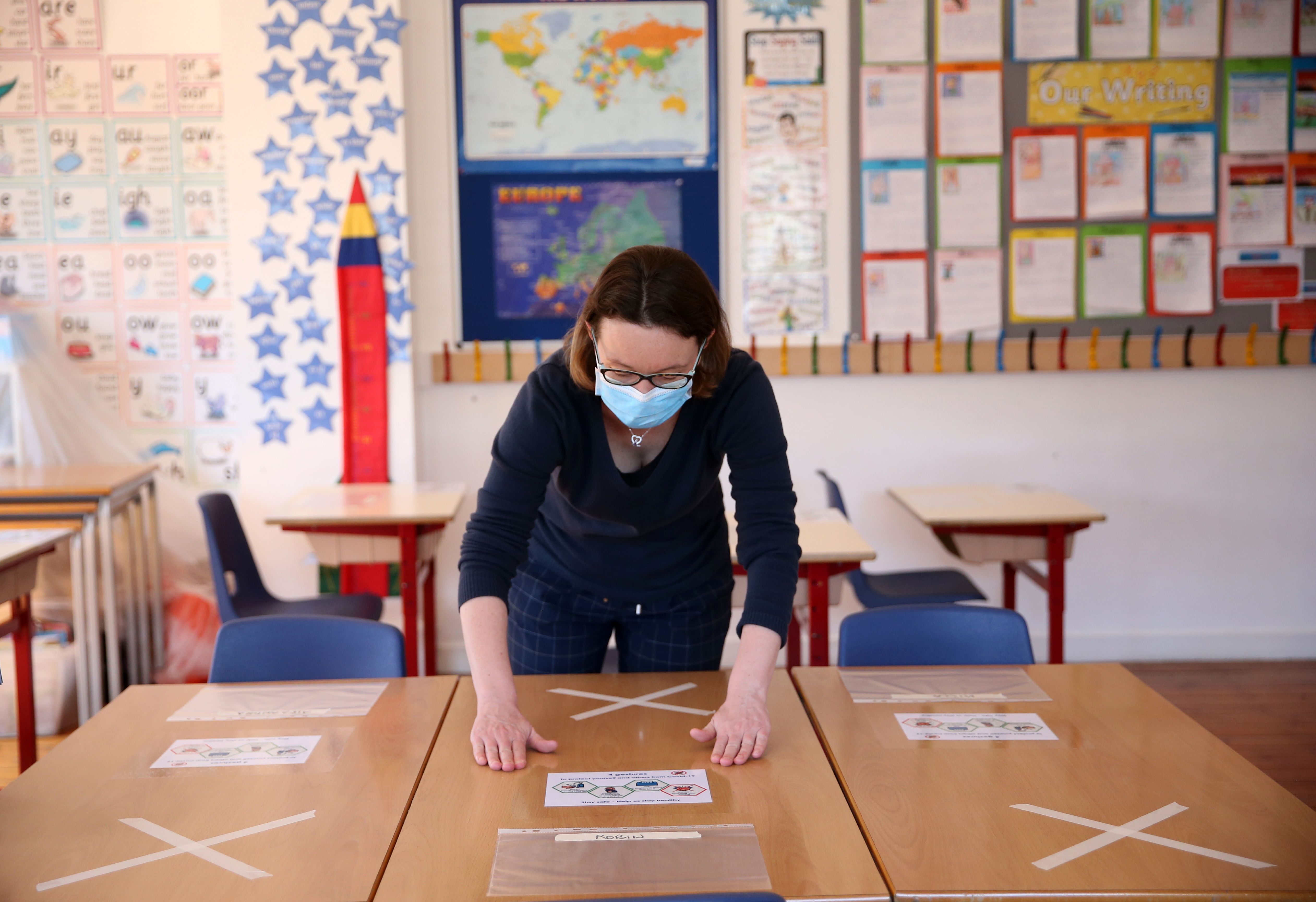One of the benefits of the UK exiting lockdown so slowly is supposedly that evidence from other countries can help mould our decisions. If liberalising parts of society in other countries doesn’t cause a Covid-19 flare-up, the UK can proceed with cautious optimism. If lockdown easing leads to a spike in infection rates, the UK can row back its plans before its too late, or put off making changes for a while longer.
Around 50 per cent of people polled oppose the partial re-opening
Based on this logic, the return of Reception, Year 1 and Year 6 to school today should be warmly embraced, as reports from Denmark over the weekend (which reopened daycare and schools for kids aged two to 12 in mid-April) confirmed that doing so has not led to an increase in infections. Over a month’s worth of official data shows that sending kids back to school has not caused any kind of Covid spike. This good news follows reports from Finland that also found the virus wasn’t spreading around re-opened schools.
These reports fall in line with other experiences – from Singapore to Australia – of re-opening schools. Germany has had issues with outbreaks in other areas, like restaurants – but not schools, which started re-opening in May. South Korea closed hundreds of schools in the past few days, not as a result of infections spreading specifically in classrooms, but because of new outbreaks in local communities, which has led to the closure of parks and museums as well. And while 838 schools remained lockdown, over 20,000 opened their doors.
The evidence is mounting higher and higher: between the measures brought in to keep returning kids socially distanced, combined with the well known lesser impact on children, sending kids back to school does not seem to put them or their families in danger. Yet Britain is not convinced, with the National Foundation for Educational Research reporting that only half of households with children who can return to school are expected to send them back to class.
Despite the economy rising as a public concern, getting kids back in school – an important puzzle piece for getting parents back to work – remains a step too far for teachers, parents and the public. Around 50 per cent of people polled oppose the partial re-opening. This begs the question: if evidence from countries easing restrictions isn’t going factor into our decision-making, is it worth the economic cost of trailing other countries out of lockdown? Our snails-pace approach to lockdown easing is justified by learning lessons from other countries – but many don’t seem open to learning those lessons – not even when the news is good.








Comments